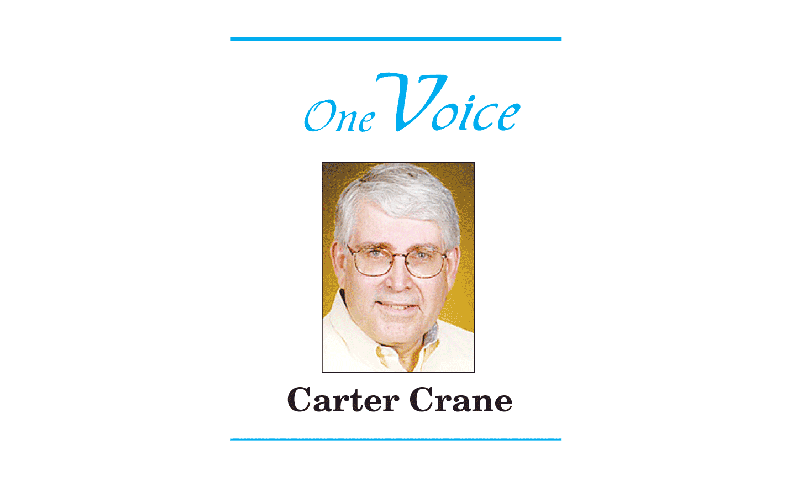
We celebrate Independence Day, Fourth of July, in various ways. The most common thread is to offer a boisterous, noise-filled salute to the Declaration of Independence, which was confirmed by the Continental Congress in 1776, 242 years ago. Each generation is challenged to keep strong and valid, the theme of Declaration of Independence and the U.S. Constitution, which was signed September 17, 1787, little more than 11 years following the Declaration of Independence’s adoption. It is up to each generation’s determination.
During those important late 18th Century years, there were ongoing debates, thoughts, and controversies on the correct courses to follow. There was no Divine intervention to take the best course. It was more difficult and perilous back then than most high school history books reveal.
One of the best, finest, and most progressive colonialists, Benjamin Franklin, initially was a loyal tory to the reign of Britain. Quickly he understood that the sentiment for independence was more widespread than he perceived and fully saw the just cause of independence and that it could work. In addition to his great scientific discoveries, he was a writer. His wisdom of age, 70 years, was a balance to the youthful Thomas Jefferson, the author of the Declaration of Independence. Franklin, in a sense was the Declaration’s editor. Franklin was a diplomat who understood respect for opponents, compromise, and civil discourse. He was active in the creation of the U.S. Constitution several years prior to his death.
Elected officials, participants in society’s discourse, and anyone who comments on the news of the day, would do well to use Benjamin Franklin as a model for political and societal discussion. The last 40 years, or, more, have not been exemplary for respecting political opponents in the U.S., and, in fact, we slip further into partisanship and eschew what is good for civil discourse. Even in the last few months, examples of lack of respect for opponents have grown too quickly.
Are there leaders, nationally, and in our regions, who can step into the civil discourse breach, mend society’s fissures with a sense of dedication to respectful discussions, diminish animosity, and find mutual methods to reduce partisanship and elevate true patriotism? With any success, Franklin would be pleased.

